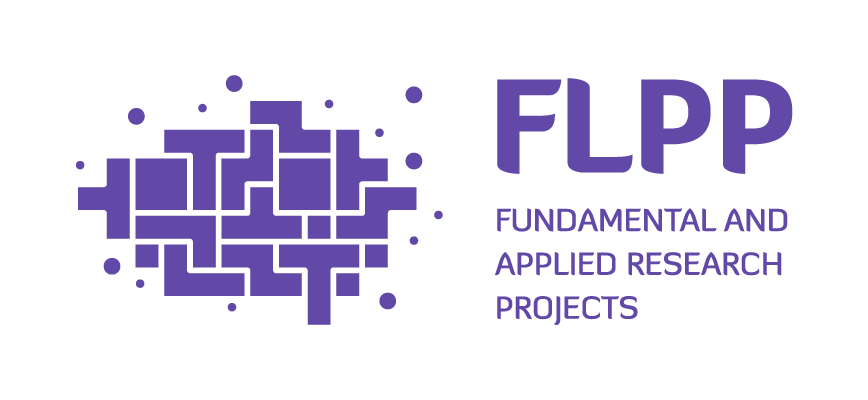Optimizing Energy Systems Through Multi-Energy Carrier Integration and Energy Hub
The expansion of district heating (DH) networks, increasing the share of renewable energy sources (RES) and waste heat and sector coupling by developing smart energy systems have been proven as a backbone for the decarbonisation of Europe`s energy supply . This includes energy generation from intermittent RES (e.g. wind and solar), and utilisation of waste heat with additional storage systems and sectoral interlinkages with power, gas, and cooling networks to ensure that no energy is wasted and is successfully aligned with energy demand. However, optimal technological solutions, market conditions and operation strategies for complex future energy systems are still lacking because the energy systems today are planned and managed independently and work as parallel supply chains. The overall goal of the project is to develop a roadmap for decision-makers on technical solutions, necessary legal framework and market conditions for the transformation of existing district heating systems towards more intelligent smart and interlinked energy supply systems with multi-carrier energy hubs in an environmentally sound, resilient, and business-based manner. Within the framework of the project, an optimization model will be developed for various technological solutions in the specific energy node in order to optimize energy flows in the smart energy supply and determine the future role of various technologies. The project will also complement the existing national energy sector model with feedback loops of smart energy systems, new technologies and management strategy structures based on the results of energy node modeling.
PROJECT FUNDED BY:
Latvia’s state budget Fundamental and Applied Research Project
Project No. lzp-2023/1-0307
PROJECT DURATION:
January 1, 2025 – December 31, 2027
PROJECT BUDGET:
300 000,00 EUR
SCIENTIFIC LEADER OF THE PROJECT:
Ivars Veidenbergs
PUBLISHED:
09.01.2025.



